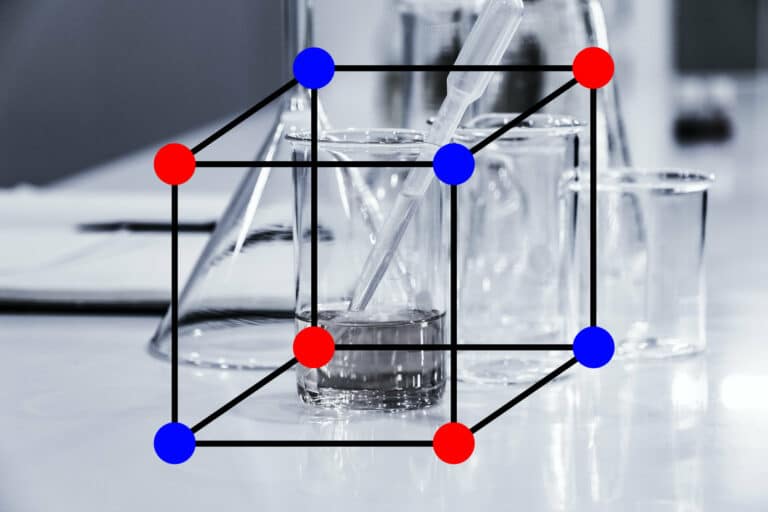OBJECTIVE
At the end of the course the participants will be able to formalise a problem, find the appropriate design type and construct this design. The participants will also master the statistical analysis of standard designs.
INTENDED AUDIENCE & PRIOR KNOWLEDGE
This course is aimed at those who want to take the first steps in the active use of Experimental Design, but also at those who want to gain more insight into designs and the statistical analysis of the experimental data. The examples come from industrial R&D and will appeal directly to people from that world.
Participants are expected to have a thorough understanding of some basic statistical techniques (normal probability plot, confidence intervals, hypothesis testing, Type I & Type II errors, power, ANOVA, regression). The course Statistics in Practice (SIP) forms an excellent basis for DOE-I, either as a training or in self-study.
SET-UP
CONTENTS
- One Variable At a Time versus Experimental Design
- The concept of interacting variables
- Replication, 2-level blocking variables and randomisation
- 2-level designs: Full Factorial, Fractional Factorial, Plackett-Burman designs, Foldover designs, Confounding, Resolution
- Multi-level Response-Surface-Model designs
- Power calculations
- Analysing the results with Analysis of Variance
- Residual analysis and graphical validation
- Visualisation of the results
- Response transformation
- Multi-response optimisation
- Experimental Design game
CASES & APPLICATIONS
- Finding the most influential factors from a dozen candidates in a chemical synthesis
- Optimizing a chemical synthesis
- Optimizing an extrusion process, a chemical process or an analytical procedure
- Study the robustness of a measurement process
